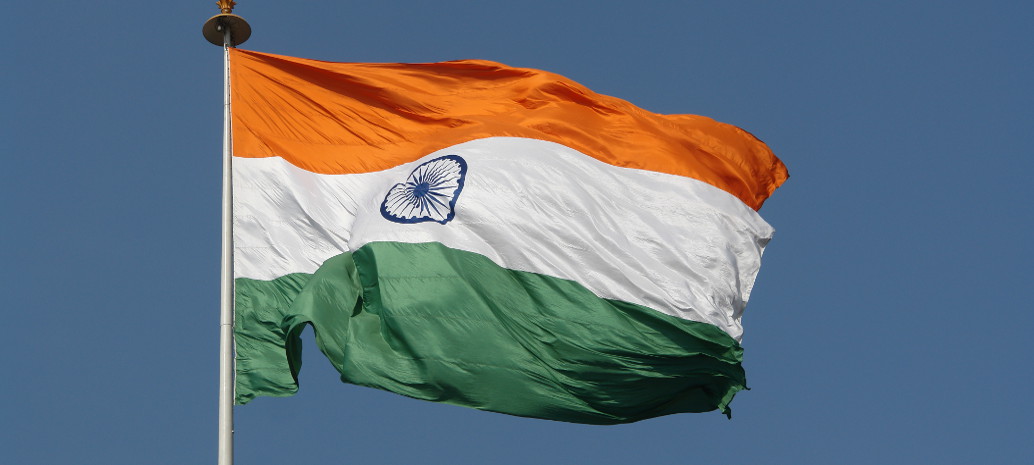When French company Solairedirect secured a 250 MW project at the Kadapa solar park with a winning bid of INR 3.15 (~$0.0487)/kWh, it set another new low benchmark for solar power tariffs. Within only one quarter, the freefall of solar power costs has continued, and hit the current record low of INR 2.44 ($ 0.037)/kWh, irreversibly changing the perspective of everyone in the industry. Seeing it now as too high a price, Andhra Pradesh State Power Distribution Company (APSPDCL) has refused to sign a power purchase agreement (PPA) for the Kadapa solar park project, leaving the National Thermal Power Corporation (NTPC) on the lookout for a new off-taker.
“Andhra Pradesh has power surplus and we do not need to buy power at INR 3.15/kWh. The NTPC had been made aware of this. Later, the NTPC sought permission to look for another power off-taker from the proposed 250 MW project. The permission has been granted and APSPDCL has also agreed to evacuate power from the project for NTPC free of cost,” an NREDCAP official told Mercom Capital.
Noting that the NTPC has already been given the go ahead to engage with any other off-takers, an APSPDCL official told Mercom Capital: “We in Andhra provide one of the cheapest rates of power to consumers – why should we buy at higher costs? It doesn’t make sense”.
Popular content
In reaction to the APSPDCL’s withdrawal, an NTPC official told Mercom Capital: “Now states want the cheapest power – they are getting greedy. At that point of time, INR 3.15/kWh was the cheapest solar tariff, but now Andhra Pradesh utilities do not want to purchase solar power, which has become “expensive” within one quarter”.
Just a week ago, Solar Energy Corporation of India (SECI) has cancelled proposed tenders for a total of 950 MW at Andhra Pradesh’s Kadapa Solar Park and Karnataka’s Pavagada Solar Park, which came as another repercussion of the solar tariff’s sharp drop that drove potential bidders away.
This content is protected by copyright and may not be reused. If you want to cooperate with us and would like to reuse some of our content, please contact: editors@pv-magazine.com.



By submitting this form you agree to pv magazine using your data for the purposes of publishing your comment.
Your personal data will only be disclosed or otherwise transmitted to third parties for the purposes of spam filtering or if this is necessary for technical maintenance of the website. Any other transfer to third parties will not take place unless this is justified on the basis of applicable data protection regulations or if pv magazine is legally obliged to do so.
You may revoke this consent at any time with effect for the future, in which case your personal data will be deleted immediately. Otherwise, your data will be deleted if pv magazine has processed your request or the purpose of data storage is fulfilled.
Further information on data privacy can be found in our Data Protection Policy.